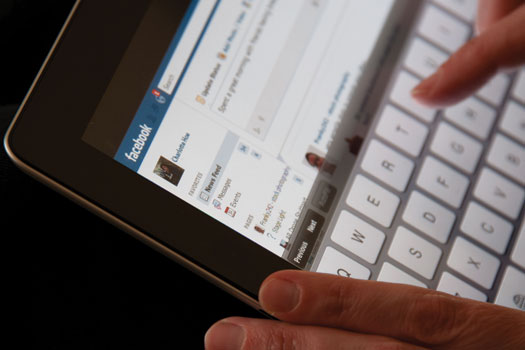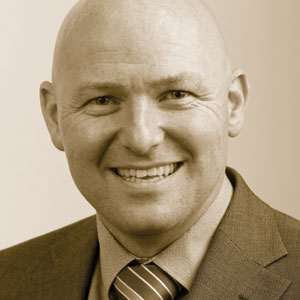Dilemma: Patient shares a recorded consultation on social media

A patient has recorded a consultation with me and then posted it on a public Facebook page without my consent. What can I do?

LMC view: Consider removing the patient from your list
My first question is, ‘why would my patient do this?’ Quickly followed by ‘can they do this?’ and ‘what can I do about it?’
For a doctor to be permitted to do this without consequences would surely be unthinkable. So is it right for a patient to post a recording of a consultation with you on Facebook without your approval?
Recording a private conversation without consent for personal use is not illegal,1 but the law is unclear on sharing such information.
As a minimum, arrange to meet the patient to discuss what they have done. Ask why they thought they needed to do this. Did they think you had done something wrong, or is it because they have the habit of sharing everything they do on social media? Personally, I believe it is good for patients to record consultations, as this enables them to review the shared information, so I would remind the patient they can openly record consultations for personal use. Then I would explain that I did not give them permission to share this on social media and if they continue to do so, I will remove them from the registered list, on the basis that this a significant breakdown in the doctor-patient relationship.
If they continue to post consultations on social media I would take steps to de-register the patient, following due process. Depending on what has been posted, I would also consider a formal legal opinion on whether to take further action.
Dr Elliott Singer is a GP partner in east London and a medical director at Londonwide LMCs

Medicolegal view: Ignore it – such posts usually disappear
The widespread availability of digital recording devices means it has never been easier for a patient to record a consultation.
There is little to be done if a patient records a consultation covertly. If the patient then posts the recording on Facebook or elsewhere on social media, irrespective of whether you have consented to the recording, you have two main options. The first is to take no further action – in most circumstances the recording is unlikely to reach a wide audience and taking action may draw attention to it.
Alternatively, you could contact the patient to explain that the Facebook post has come to your attention and invite them in to discuss your concerns. This will give the patient the opportunity to explain why they shared the recording publicly and provide you with an opportunity to ask them politely to remove it.
You should avoid commenting on or reporting the Facebook post – again, this is likely to draw attention to it and may provoke further comments or a backlash.
Depending on the individual circumstances, it is unlikely there will be an absolute legal remedy to compel the patient to remove the recording. However, if the post contains false or discriminatory information that is intended to damage your reputation, you should seek the advice of your medical defence organisation to establish whether there is a legal recourse is available to you.
It is understandable that GPs may feel frustrated that a patient can post a recording of a consultation without seeking their permission to do so. This can only be substantively addressed by legal reform.
Dr Richard Stacey is head of policy and technical at Medical Protection

GP social media expert: Ask Facebook to take the post down
First, contact the patient and ask them to take the post down. You could invite them to meet you at the practice, in case there is any aspect of the consultation that they would like to discuss. Explain politely that this is in respect of your rights to privacy and also out of duty to other patients who need reassurance that videos or audios of their consultations will not be published on social media.
Also explain that confidentiality and trust are of the utmost importance in the GP consultation and assert that both parties should respect these for the doctor-patient relationship to be meaningful and progressive.
If the patient resists, you can file a complaint through Facebook and request that the post be removed on the grounds that it was published without your consent, and recorded in a doctor’s consultation room. Facebook should consider the appropriateness of videos or audio recordings if done in public locations such as hospitals or surgeries, where one would expect privacy. Advise the patient you have taken this step, restating your reasons for doing so, and invite them to attend another meeting to discuss it.
Remember that the central issue here is the understanding of social media etiquette. In alignment with protocols in health and wellness coaching professions, where consultations may be digitally recorded and shared, practices should give patients clear guidance about the recording of consultations and the boundaries for this when they register. This guidance should include the requirement that any patient who wishes to record a consultation asks for consent beforehand, and that they should confirm they have read and understood the practice’s privacy policy.
Dr Aisha Malik is a portfolio GP and social media consultant in Manchester
References
1 UK Government. Data Protection Act 1998. Section 36
Pulse October survey
Take our July 2025 survey to potentially win £1.000 worth of tokens











